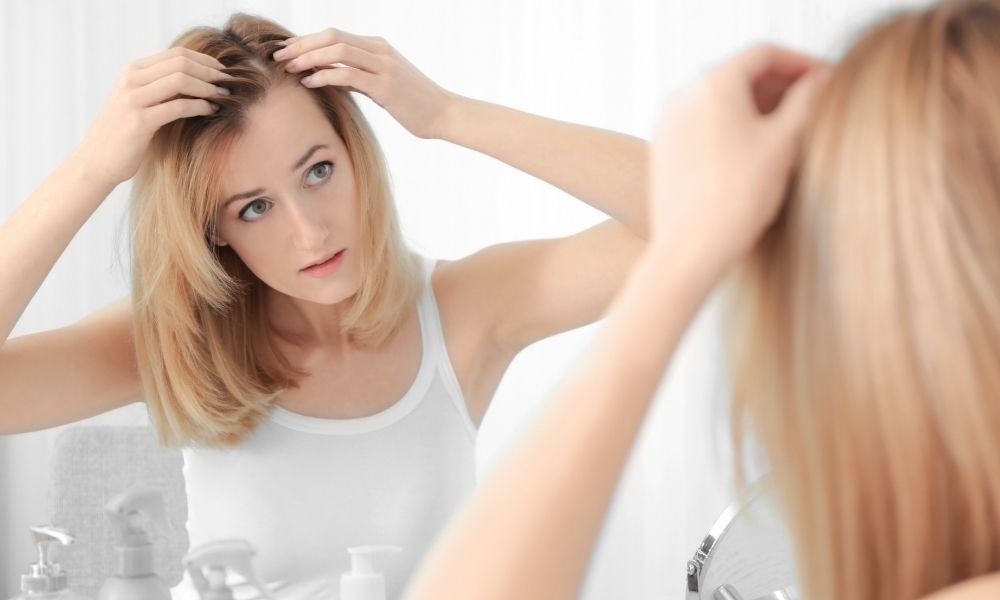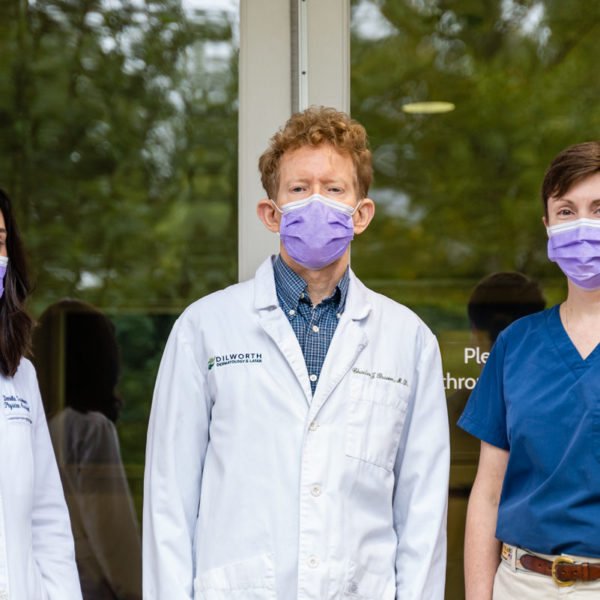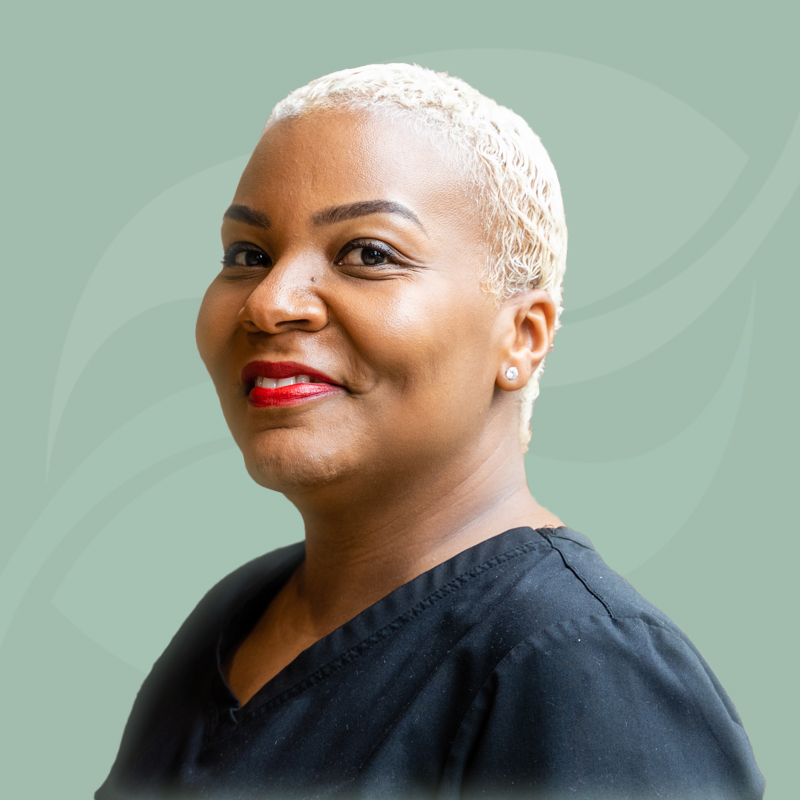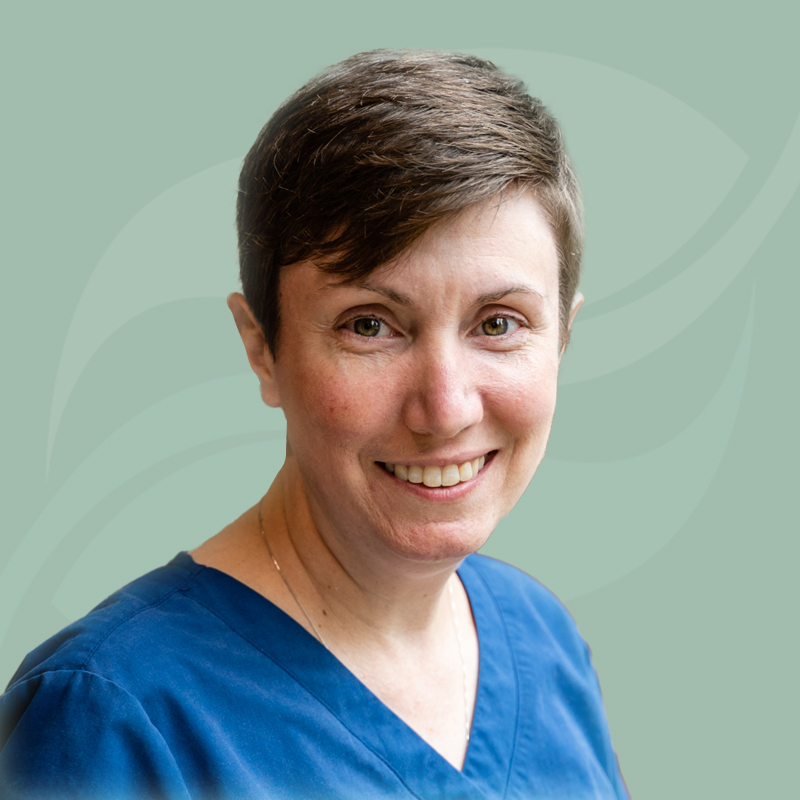
I don’t know when my hair began to thin. I look back on older pictures standing beside a very handsome young man (now my husband of many years) and notice two very healthy people with thick hair. Where the time and the hair went, I’m still trying to figure that part out.
Hair loss not only affects your physical appearance but can negatively impact your mental health and diminish self-confidence levels. While primarily considered a cosmetic concern, it undeniably affects areas that fall under the medical realm of care.
What if there were ways to correct or even postpone hair loss or hair thinning? Would you consider them? Do you even know what your options are? Let’s take a look at thinning hair and hair loss.
What Causes Your Hair to Thin?
Hair loss can be either temporary or permanent and can affect the scalp or entire body. Multiple factors play a role in thinning hair, but it is typically a result of your genetic makeup, hormonal changes, medical conditions, or just a result of normal aging. It is also common for those who have suffered a significant illness or surgery to experience hair loss 3-4 months after the illness. Regardless of the cause, rarely is it a welcome condition.
According to the Hair Society, 35 million men and 21 million women suffer from hair loss. “Beginning at the age of 35 with a 40% loss and growing to 70% loss rate by the age of 80, most people will experience some degree of hair loss. By the age of 60, women who suffer hair loss will be in the 80% range.”
The Mayo Clinic lists several signs and symptoms of hair loss, which can include:
- Gradual thinning on the top of your head
- Circular or patchy bald spots
- Sudden loosening of your hair
- Full-body hair loss
- Patches of scaling can spread over your scalp
What is Male-Pattern Baldness?
Thinning hair will often affect men more than women. Specifically, male-pattern baldness is a loss of hair on the scalp. While you age, hormone levels change, particularly in your later years.
The US National Library of Medicine cites more than 50 million American men are affected by male-pattern baldness… and half of all men by the time they are fifty years old.
While a normal part of aging, hair loss can still be difficult to deal with psychologically. It doesn’t matter that almost everyone around you has various degrees of hair loss; thinning hair and baldness provide individually unique experiences.
According to Medical News Today, additional specific details related to baldness in men.
- Typically occurs later in life from changing hormone levels
- Psychologically distressing, most men will see a variety of treatments
- Maybe the cause of nutritional deficiencies, infections, or some psychological conditions
- Treatments may include medication, laser & light therapy, hair transplantation, and Platelet-Rich Plasma therapy
What is Female-Pattern Baldness? How Do You Prevent It?
Female-pattern baldness refers to a type of hair loss that exclusively affects women, medically called androgenetic alopecia.
While most men suffer hair loss and develop receding hairlines and bald spots, women tend to experience general hair thinning, reducing their overall volume.
One of the initial signs of female-pattern baldness might be a widening of your part and a lack of normal hair thickness. For most women, the hairline does not usually recede.
Your genetics do tend to be a significant factor, as women can inherit the gene for pattern baldness from either parent. Hormonal changes can also be a contributing factor as menopause approaches.
Despite the genetic link, there are still some ways that may prevent the onset of pattern baldness in women. In general, you should try to keep your hair as healthy as possible to prevent breakage and damage.
- Limit treatments like perming, straightening, and hair extensions
- Eat a diet rich in protein, essential vitamins, and iron
- Protect your hair from sun damage
- Don’t brush your hair when it’s wet and fragile
Next Steps
Losing your hair can be devastating, make you feel old, lower your self-esteem, or cause you to feel less attractive. Depending upon your type of hair loss, there are different treatments available. Remember, it’s okay to look for ways to treat your hair loss. Talk with your family doctor or dermatologist to see what treatments are available for your specific type of hair loss.





